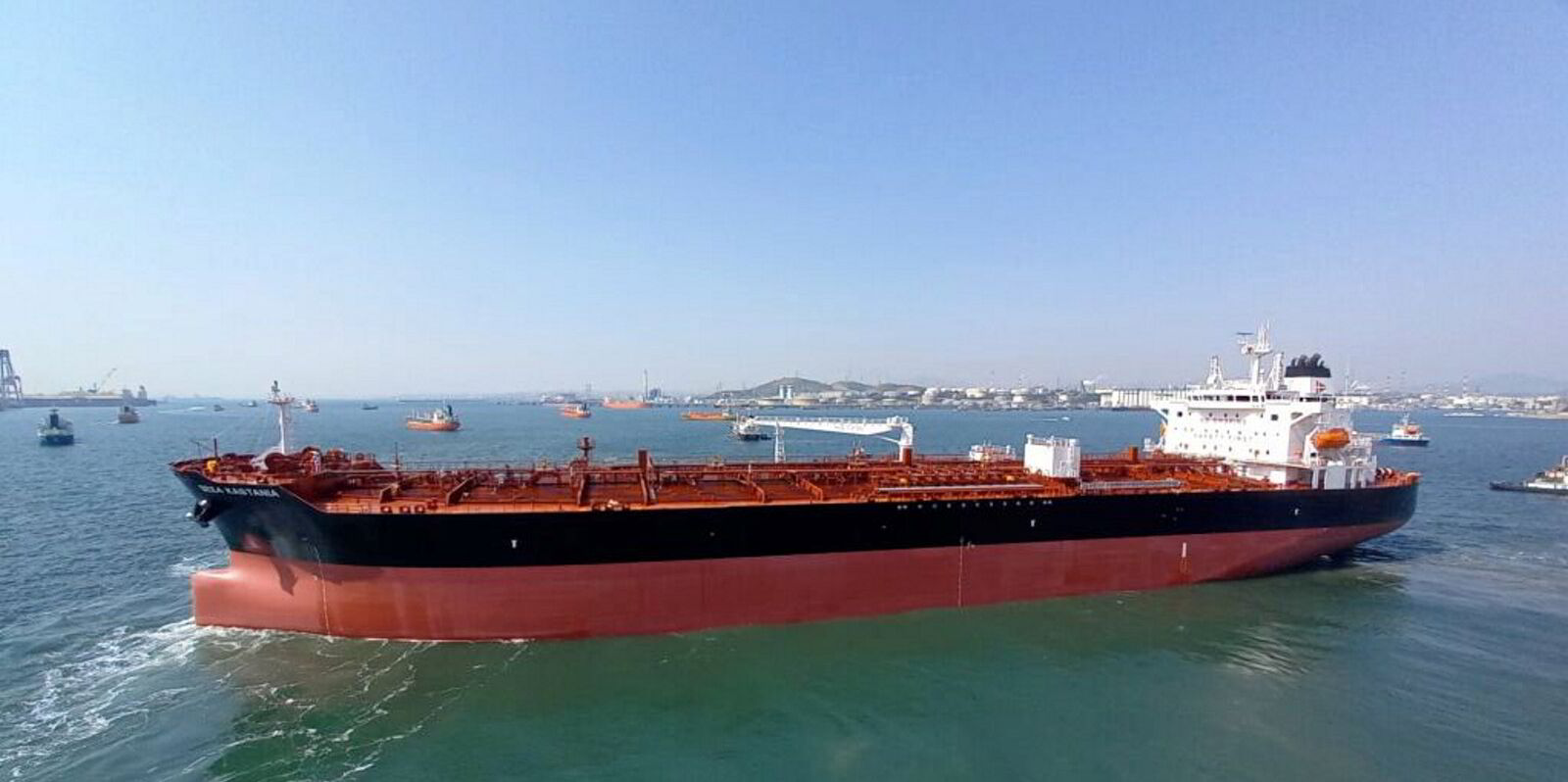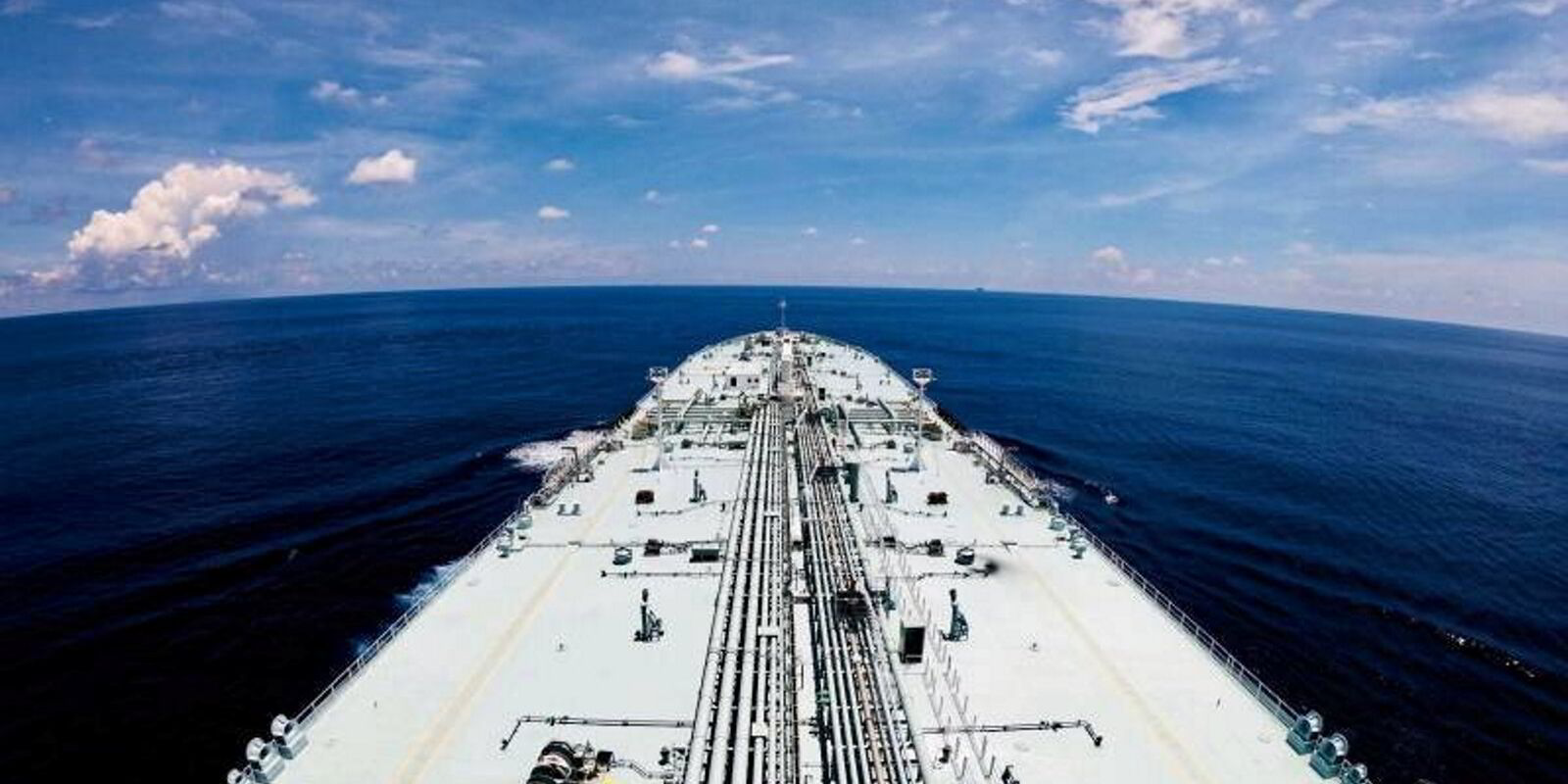Poten & Partners is tipping the MR tanker sector to stay strong amid a spate of sale-and-purchase deals.
The shipbroker’s head of tanker research, Erik Broekhuizen, said secondhand prices have shot up as much as 25% over the last year as rates have climbed thanks to growing demand and tonne-mile increases.
“Going forward, we remain optimistic about the relative strength of the MR segment,” he wrote in his weekly note.
“Medium-range product carriers are the most versatile tankers in the market, and they will remain in demand as growth in refinery capacity continues and product dislocations increase. MRs also have the trading flexibility that allows them to boost utilisation and earnings.”
Broekhuizen said rates for the round-trip route from Europe to the US east coast Gulf Coast averaged $19,600 per day from 2014 through 2024, although they were extremely volatile during this period.
In the fourth quarter of 2020, rates did not cover operating expenses at $6,900 per day but shot up to $48,000 per day two years later following the geopolitical turmoil brought on by Russia’s invasion of Ukraine.
That, plus the demand increase following the Covid-19 pandemic, has helped boost tonne-miles.
But it has been difficult to order, the broker noted, as yard slots are difficult to come by and potential regulatory changes add uncertainty to ship designs.
This month alone, 12 MR tankers have changed hands according to data from VesselsValue, largely due to an en-bloc deal that saw Danish owner and operator Torm take over eight vessels from South Korea’s Sinokor for $340m total.
There were other noteworthy deals recently, as well, with Greek owner OceanPal breaking into the product tanker space by buying a vessel from Ocean Transportation for $27m.
In June, Scorpio Tankers sold five ships to various counterparties with prices in the mid-$30m range and, in April, International Seaways sold two ships to Middle Eastern interests for $35m each.




